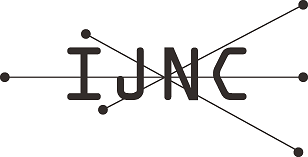A Domain-Specific Language for Reconfigurable, Distributed Software
Abstract
A program’s architecture—how it organizes the invocation of application-specific logic—influences important program characteristics including its scalability and security. Architecture details are usually expressed in the same programming language as the rest of a program, and can be difficult to distinguish from non-architecture code. Once defined, a program’s architecture is difficult and risky to change because it couples tightly with application logic over time.
We introduce C-Saw: an approach to express a software’s architecture using a new embedded domain-specific language (EDSL) designed for that purpose. It decouples application-specific logic from architecture, making it easier to identify architectural details of software. C-Saw leverages three ideas: (i) introducing a new, formally-specified EDSL to separate an application’s architecture description from its programming language; (ii) reducing architecture implementation to the definition and management of distributed key-value tables, and (iii) introducing an expressive state-management abstraction for distributed applications.
We describe a prototype implementation of C-Saw for C programs and use its implementation to build end-to-end examples of expressing and changing the architecture of widely-used, thirdparty software. We evaluate this on Redis, cURL, and Suricata and find that C-Saw provides expressiveness and reusability, requires fewer lines of code when compared to directly using C
to express architectural patterns, and imposes low performance overhead on typical workloads.
Keywords
Full Text:
PDFRefbacks
- There are currently no refbacks.
